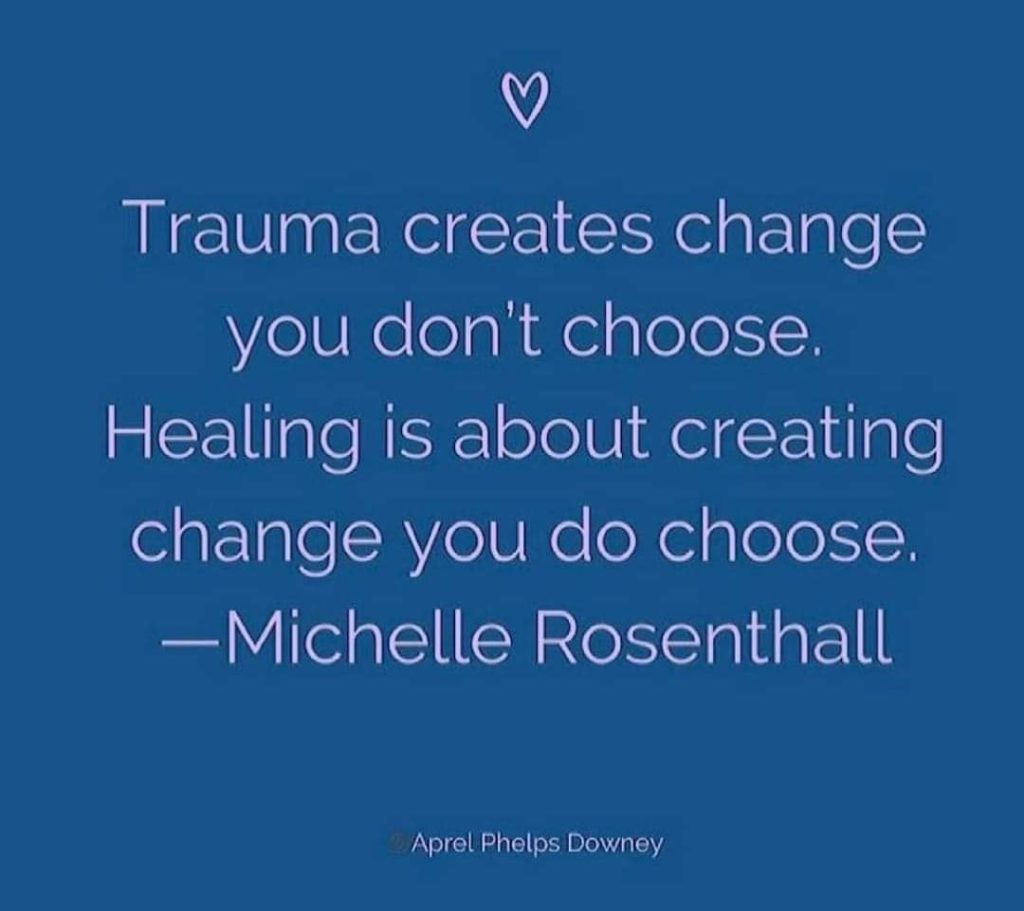My eyelids were heavy as I woke from a restless sleep. The hospital cot was firm and uncomfortable and the thin blanket insufficient to keep me warm. I focused my fuzzy vision toward the clock and saw that it was 1:00 a.m. I had been in the ER for 11 hours, my CT was normal and I was still waiting for results from my Covid and flu tests, which should have been done 40 minutes earlier. I had never had it before, but thank goodness for morphine or I wouldn’t have been able to rest with the constant, stabbing abdominal pain I was suffering. Until then the time seemed to fly by as I bantered with hospital staff and patients alike and enjoyed the book I had been trying to finish. All of a sudden something happened to me as I tried to put my feet on the floor. I wasn’t okay. I became disoriented, and began to panic as hot tears streamed down my face. I was desperate to get the IV out of my arm and couldn’t be there one more second. I felt unsafe and frantic to be at home. In my own bed and my own space. It was as though my body was acting without my consent. Three days of vomiting, fever, flu-like symptoms, no solid food, intense pain, exhaustion and heavy drugs contributed to my vulnerability and heightened my response.
I hit my call button and asked the attendant to let me leave and finally my regular nurse came in to assist me. I was uncharacteristically irritable and impatient. I don’t treat people like that. I repeated that I had to go home and insisted she take out the IV taped to my arm. I didn’t even realize I was speaking erratically through uncontrollable sobbing, and pulling at the needle inserted in my vein. I needed to be away from these feelings, away from having to explain to anyone what was happening to me, when I barely knew myself. Somewhere in the middle of the chaos, I became aware that I was covering my face and could feel the heat of shame filling my cupped hands. I curled up to make myself very small, in an attempt to hide. This felt like an out-of-body experience, both terrifying and enlightening. I was in the middle of a full-blown PTSD episode.
It took me a moment to gain clarity and tell the nurse that I was suffering anxiety from a previous traumatic event that had nothing to do with my hospital stay. She softened as I apologized profusely for being short with her. She asked me questions, held my hand and let me open up without judgment. When my doctor came in and I was still crying I was able to share with both of them what I was experiencing. It was their patience and compassion that enabled me to breathe and reconnect with my center.
Many hours later, when I was home and rested I was able to explore all my feelings and identify the triggers that caused my reaction. My lifelong relationship with trauma and healing helped me recognize what was happening, and fortunately experience it as a breakthrough moment which was deeply beneficial for me. I know that’s not true for everyone. Many people struggle with trauma responses and have no idea what is taking place or how to tame it. I also understood without any doubt that this was something I needed to share.
About a month ago I had to file a restraining order against someone I had loved, trusted and invited to be part of my life. I never saw it coming. No one did. For me, it was an agonizing, but necessary last resort to take legal action. The arduous task of having to go to the sheriff’s station and report an abusive incident, recount it with a Domestic Violence Officer and plunge into the complexities of filing the detailed paperwork was an emotionally exhausting, time consuming and triggering experience. Until that moment of saying it outloud to a stranger, it didn’t feel real to me. When the officer looked me in the eyes and said that she could see fear in my face and my body language I knew I had to stand up for myself and not back down. This was not about vengeance, it was about self-preservation. After everything I’ve survived, I refuse to give someone power over me or take up space in my head with manipulation and fear.
I am not here to vilify anyone. It’s also not my job to protect the people who have been unapologetically careless with my emotional and physical safety. I’m moving forward and am compelled to share my insights. Like any part of my story, I cannot hide while others suffer in silence, nor can I ignore the statistics and how many people I know personally who have been violated. There is a need to create awareness and normalize the conversation about what domestic violence is, with all of its nuances. This is a deeply complex subject that cannot be explored in one blog post. I’ll be talking about the many aspects of abuse in upcoming blogs, from trauma bonding, to shame and victim blaming, to recognizing dangerous patterns, as well as resources for healing. I welcome your questions, experiences and comments and am committed to holding a healthy, safe, non judgmental space for your fears, concerns and contributions.
I would like to clarify that I know men suffer from abuse too. I want to acknowledge that fact, their courage and the gender stigmas they face. I can only speak from my experience as a woman and what I dealt with first-hand in the system, and I invite male survivors to lean into the conversation. Our society has a problem that has only increased during the pandemic and will grow and persist until we get comfortable with talking about these uncomfortable details and not turning a blind eye. This is not happening to ‘other’ people, this is happening to your girlfriends, your daughters, your friends, your sisters. We must bring it out in the open. Otherwise, it will continue to be shrouded in shame.
Shame that does not belong to us.
When we give our painful experience a voice of acceptance, we alter its meaning and break the chains of shame.


Renee, thank you so much for sharing. I can relate to so much of this. As I mentioned to you, I have recently figured out that some of my response to life is not a genuine reflection of who I am or how I really feel, but rather a habit of responding to an abusive partner for 23 years. I sometimes hear my own words and think, wow, I really sound defensive, or combative, or angry, but I’m not. What I really am is scared and trying to figure out who I am. I love the quote you shared. Trauma also creates reactions from ourselves that we don’t choose. It’s something I’m working on. I love you.
My sweet friend, this is powerful! It is absolutely true that our survival skills can seep into our healthy relationships until we learn to correct them. Awareness is key, and you are already doing that part. Deep emotional wounds can be healed through loving, safe, reciprocal relationships. I hope that you are sharing with your partner when these moments appear for you. Together you can both learn to create a new response and move through the painful process of identifying your triggers. I am always here for you and willing to share ideas, fears and growth. I love you so much.
Thank you so much, Renee! I shared with my sweetie once I realized why I sometimes react the way I do. You and I have to get together soon! I want to dance!!